Almost everyone has bad breath from time to time. However, for some people, bad breath is a constant issue for which they are unable to find a solution. When their breath is perfectly neutral, some people believe they have terrible breath. Others are completely unaware that they have bad breath. It’s difficult to smell your own breath, much less estimate its odour.
Bad breath is usually caused by bacteria in the mouth, which is always present. Bits of food become stuck in your teeth when you eat. Bacteria thrive on these scraps of food, producing foul-smelling sulphur compounds in the process. It’s no wonder, however, that the majority of cases of halitosis are linked to poor dental hygiene, gum disorders like gingivitis and periodontitis, and dry mouth, a condition in which the salivary glands are unable to produce enough saliva to keep your mouth moist.
Apart from visiting the dentist regularly to fix your breath, here are some tricks you can practice at home.
@drbengeeHow to cure Bad Breath 😷 #tiktokguru♬ MONEY – 리사 (LISA)
1. Brush and floss regularly- Brushing your teeth assists in the removal of food and plaque, a sticky white film that forms on your teeth and contains bacteria. Flossing cleans and dislodges food lodged between your teeth, lowering bacteria and plaque levels in your mouth.
2. Clean your tongue- Food debris and germs collect on your tongue during the day, coating it in a mucus-like substance. To clean your tongue, you can use a tongue scraper or even use your regular toothbrush.
3. Drink more water- Water is probably the simplest cure for foul breath. It keeps your mouth moist while also rinsing dirt from your teeth, limiting the growth of harmful bacteria. Saliva is our mouth’s first line of defence against microorganisms, and drinking water boosts saliva production.
4. Watch what you eat- Food particles breaking down in and around your teeth might lead to an increase in bacteria and a bad odour. Bad breath can also be caused by particular meals, such as onions, garlic, and spices. These meals enter your bloodstream after digestion, go to your lungs, and alter your breathing.
Sources:TikTok Dr Ben Gee, Balboa Island Dentistry,Healthline,Mayo Clinic

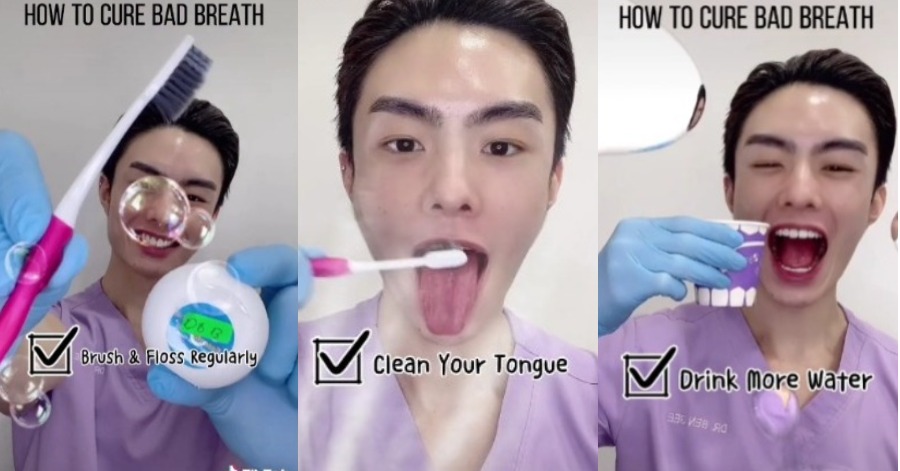
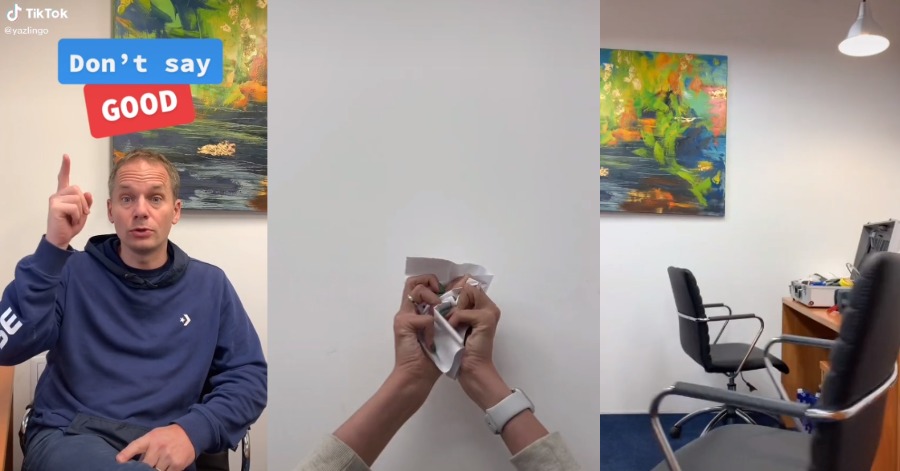

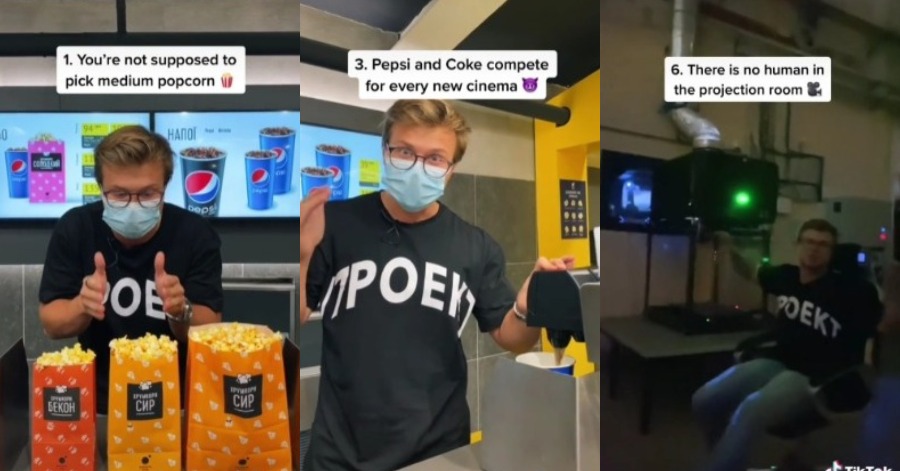

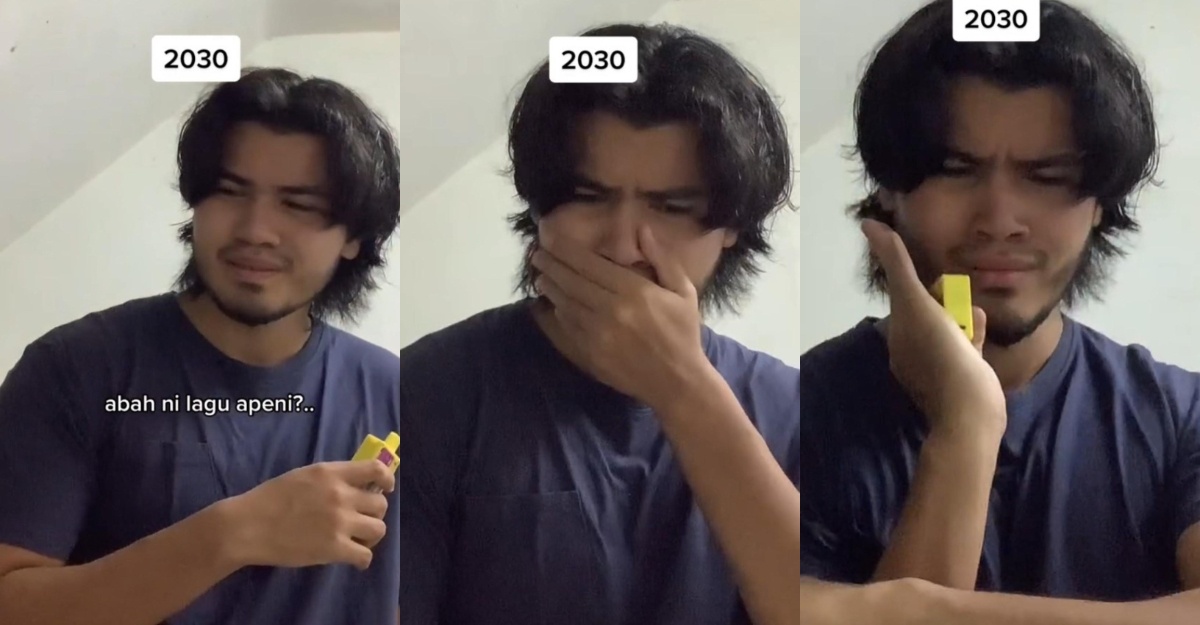

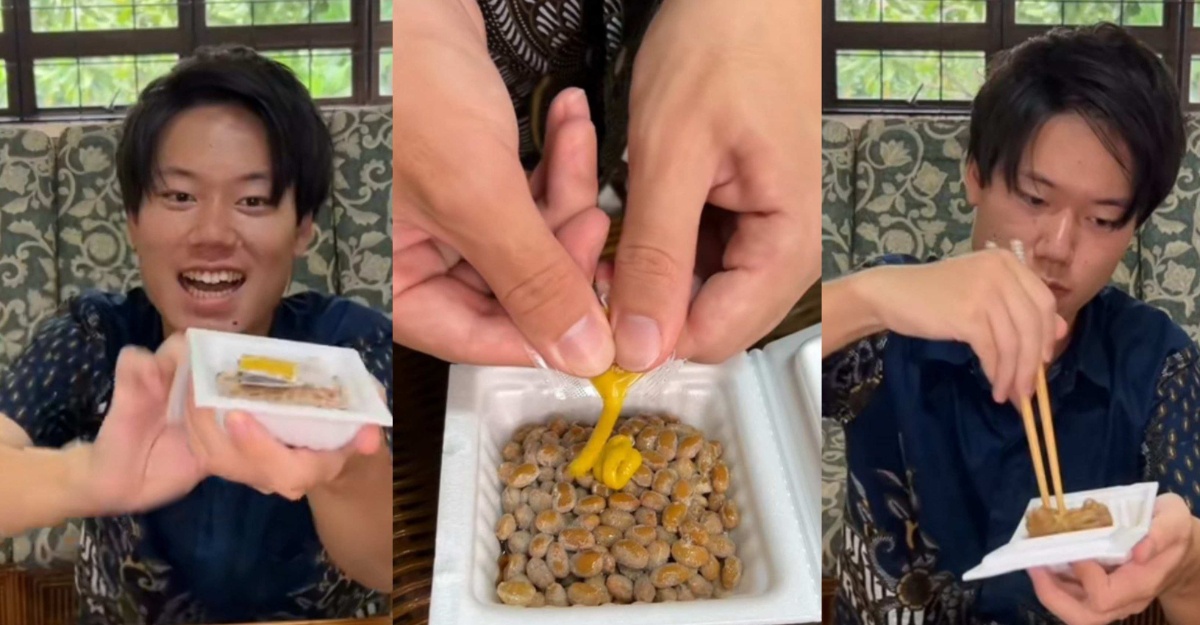
Leave a Comment